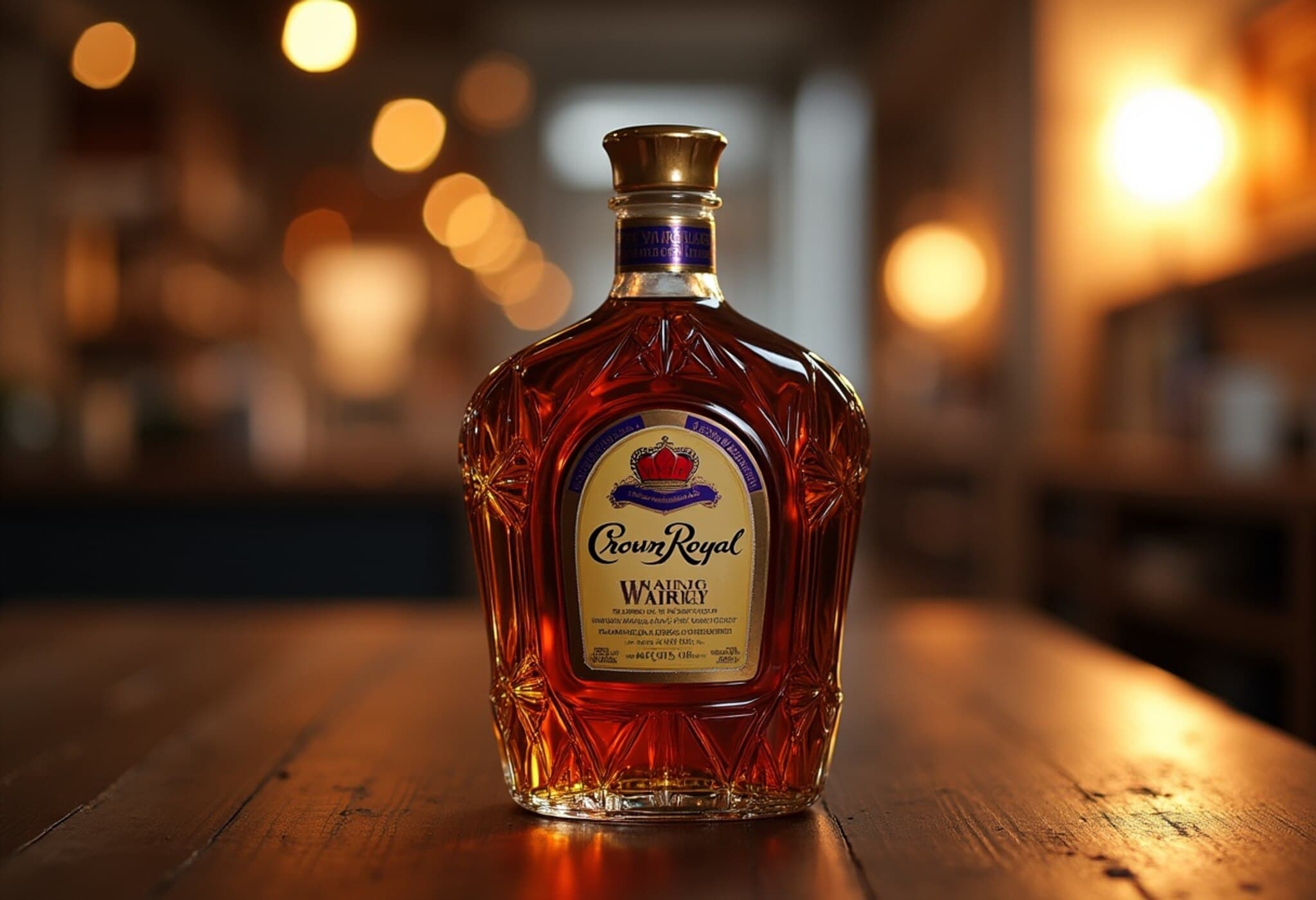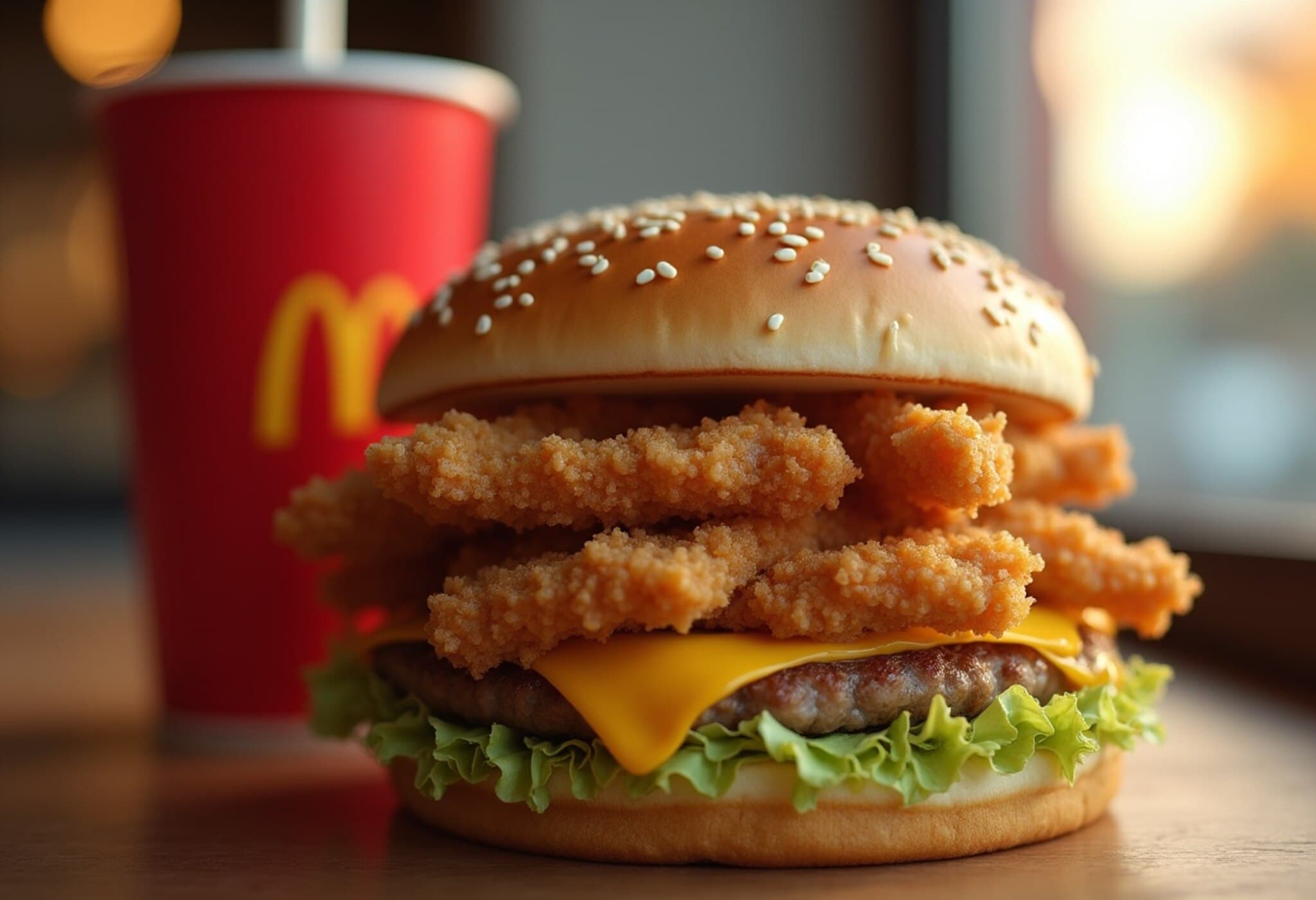Iconic Canadian Whisky Brand Crown Royal Considers U.S. Bottling Move
In a decision stirring controversy and sparking fears of job losses, Diageo, the maker of the beloved Crown Royal whisky, has announced plans to close its bottling facility in Amherstburg, Ontario. This move could potentially relocate bottling operations across the border to the United States, closer to its largest consumer market.
Political and Economic Repercussions in Ontario
Ontario Premier Doug Ford publicly condemned the announcement with a symbolic gesture—pouring out a bottle of Crown Royal during a news conference in Kitchener. Despite being a teetotaler, Mr. Ford used the moment to rally support for Ontario-made products and to send a sharp rebuke to Diageo. “You hurt my people, I’m going to hurt you,” he warned, signaling potential government measures against the company, including the possible removal of Crown Royal products from the shelves of the Liquor Control Board of Ontario (LCBO).
This marked escalation resonates with Ford’s earlier trade war actions where he banned U.S.-made alcohol from Ontario shelves, reflecting the broader geopolitical tensions affecting business operations in North America.
Union Response and Community Impact
The planned shutdown threatens up to 200 unionized jobs at the historic Amherstburg plant, a vital employment source in a town of just over 15,000 residents. John D’Agnolo, president of the local Unifor union, expressed shock, noting that the factory had recently increased staffing with a third shift. He attributes the closure to economic pressure invoked by former U.S. President Trump’s policies, which reportedly incentivized companies to move production stateside.
D’Agnolo believes the bottling operations will likely be transferred to Diageo’s new facility in Montgomery, Alabama, deepening cross-border economic shifts that could sever longstanding industrial ties in Ontario. “They employ more people than anybody in that town, and they’re well paid. It’s terrible,” he lamented.
Cross-Border Industry Dynamics
Amherstburg's bottling line isn’t alone in facing changes. The Detroit River region hosts other whisky producers such as Suntory’s Canadian Club, bottled in Windsor and Calgary. These premium Canadian whiskies share the U.S. as their largest market, intensifying the dilemma of cross-border operations amidst varying trade policies.
Diageo has clarified that while the bottling facility is slated to close, distillation and aging will continue in Manitoba and Quebec. The company stressed this shift isn’t a reaction to current trade tensions but rather an operational move to better align bottling with customer bases, especially in the U.S.
Economic Stakes and Future Prospects
- Ontario LCBO business with Diageo exceeds C$740 million annually, highlighting the economic significance of the brand in the province.
- Despite this, Diageo’s global sales topped US$20 billion in the last fiscal year, suggesting a considerable operational scale beyond provincial markets.
- The potential repercussions include not only job losses but also strained relations between Canadian policymakers, unions, and multinational corporations navigating shifting trade and production landscapes.
Union leaders have called for a broader boycott of Diageo’s extensive brand portfolio, including Guinness and Johnnie Walker, if the company does not reconsider its decision.
Expert Commentary: What This Means for Canadian Manufacturing
Experts note that this development illustrates the complex interplay between trade policy, multinational corporate strategy, and regional economies. Dr. Melanie Harrison, a Canadian economic policy analyst, explains, “Companies are increasingly positioning themselves to navigate fluctuating tariffs, labor costs, and trade agreements. For industries like liquor production with cross-border markets, bottling location decisions can significantly affect local economies and employment.”
She adds that governments must weigh protectionism against the realities of globalization, finding balanced approaches that sustain employment while encouraging businesses to compete internationally.
Looking Ahead: The Future of Crown Royal and Canadian Industry
The Crown Royal bottling facility’s closure reflects broader questions about the resilience of Canadian manufacturing amid global economic realignments and political pressures. As companies reassess supply chains and operational hubs, workers and communities face uncertainty about their economic futures.
This story also underscores how political rhetoric around trade can have tangible impacts on local livelihoods, leading to calls for stronger government intervention or new strategies to support domestic industries.
Editor’s Note
While Crown Royal’s distillation will remain Canadian, the potential loss of its historic Amherstburg bottling plant raises critical questions about national identity, economic sovereignty, and labor protections in a globalized market. Readers are invited to reflect on how such corporate decisions resonate beyond shareholder profits—affecting communities, workers, and cultural heritage tied to iconic Canadian brands.
As trade policies evolve and political tensions simmer, the balance between supporting domestic jobs and enabling competitive business strategies will continue to shape Canada’s economic landscape, demanding nuanced attention from policymakers, industry leaders, and consumers alike.














